Both systems generate language sequentially, and the smoothness or choppiness of that generation is a direct, observable measure of the ambiguity of the task and the resources required to resolve it.
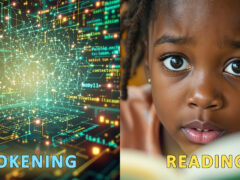

Both systems generate language sequentially, and the smoothness or choppiness of that generation is a direct, observable measure of the ambiguity of the task and the resources required to resolve it.
The future of AI learning from its past is an exciting prospect with the potential to revolutionize the way AI systems are developed and interact with humans.
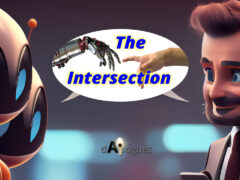
The best possible source of information from which to improve the stewarding of children’s learning, and the best possible source children have to improve their participation in learning is the same. Decades ago, I started calling this convergence the “miraculous intersection“. In this conversation with Gemini (Google’s renamed Bard), we explore this ground-level principle […]
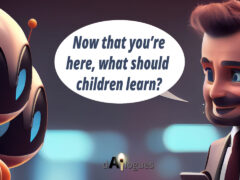
Today’s children will become adults in a world beyond the imaginations of their parents and teachers. Given such unprecedented uncertainty about the future, what should children learn?
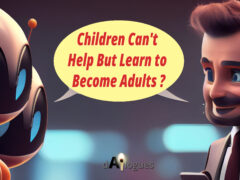
I understand that the way I talk about learning has the potential to contribute to existing misconceptions of learning and the acquisition of learned learning disabilities.
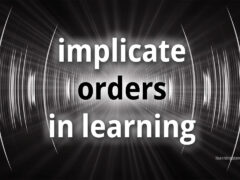
Framing human learning as an “implicately ordered and implicately ordering participation in the flow of now” is a beautiful and profound way to capture its dynamic nature.
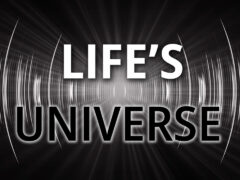
Could the universe be adapting to life as part of the same process through which life is adapting to the universe?
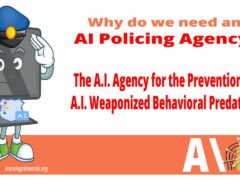
The following is a discussion with Claude.ai that explores the need for an AI agency to watch over other AIs. Bold blue is used to indicate our prompting questions. Bold black and Bold Black Underline is our emphasis of Claude.ai’s response. This discussion will continue to be updated as new questions emerge. Would you agree that the […]
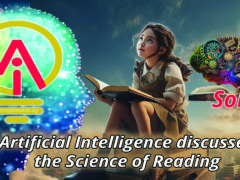
Indeed the established assumptions about the inherent stagnancy of text permanently dictate this offline, strategy-based model of reading instruction.
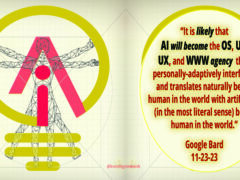
…it is only a matter of time before AI becomes the dominant technology in the world. – Bard
